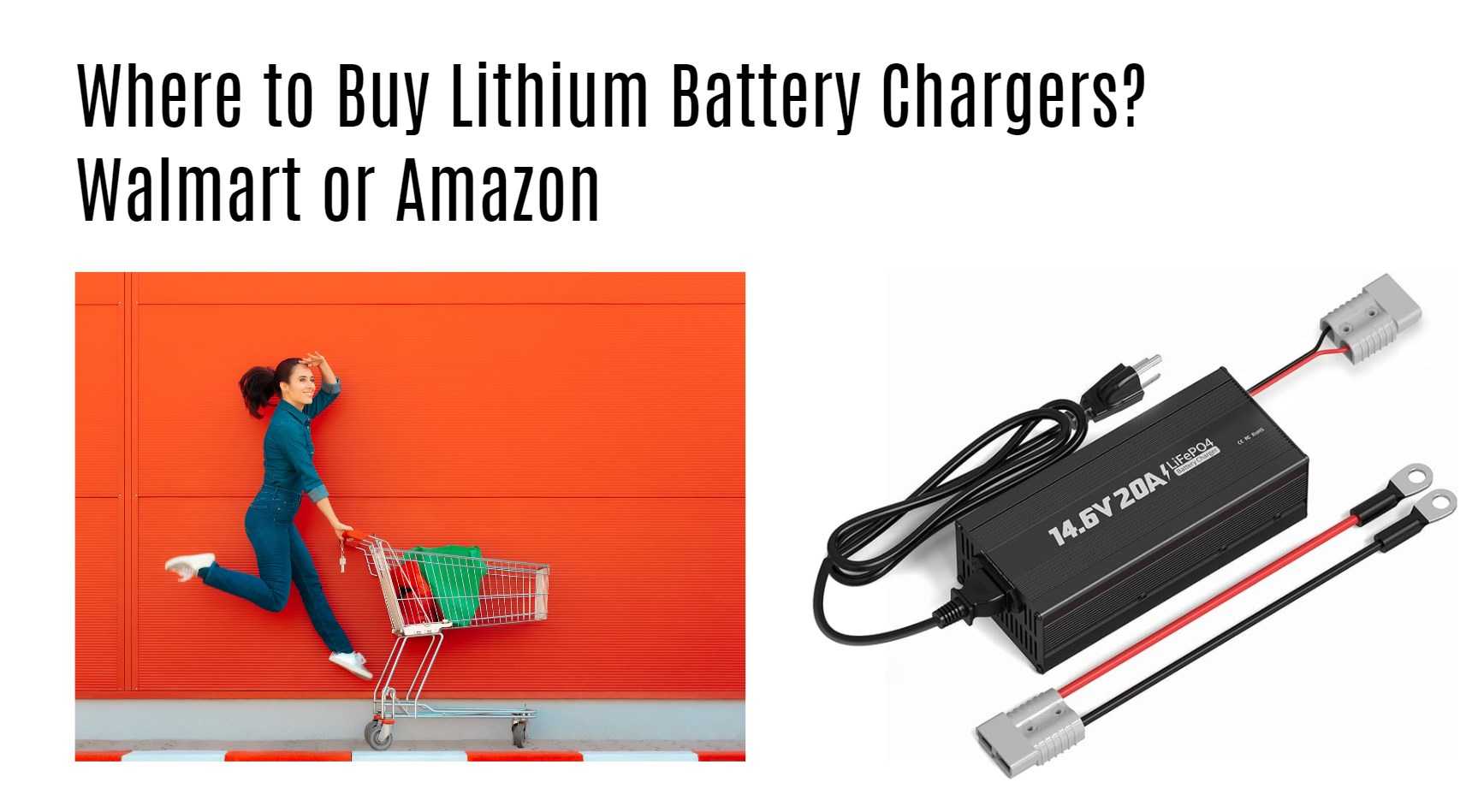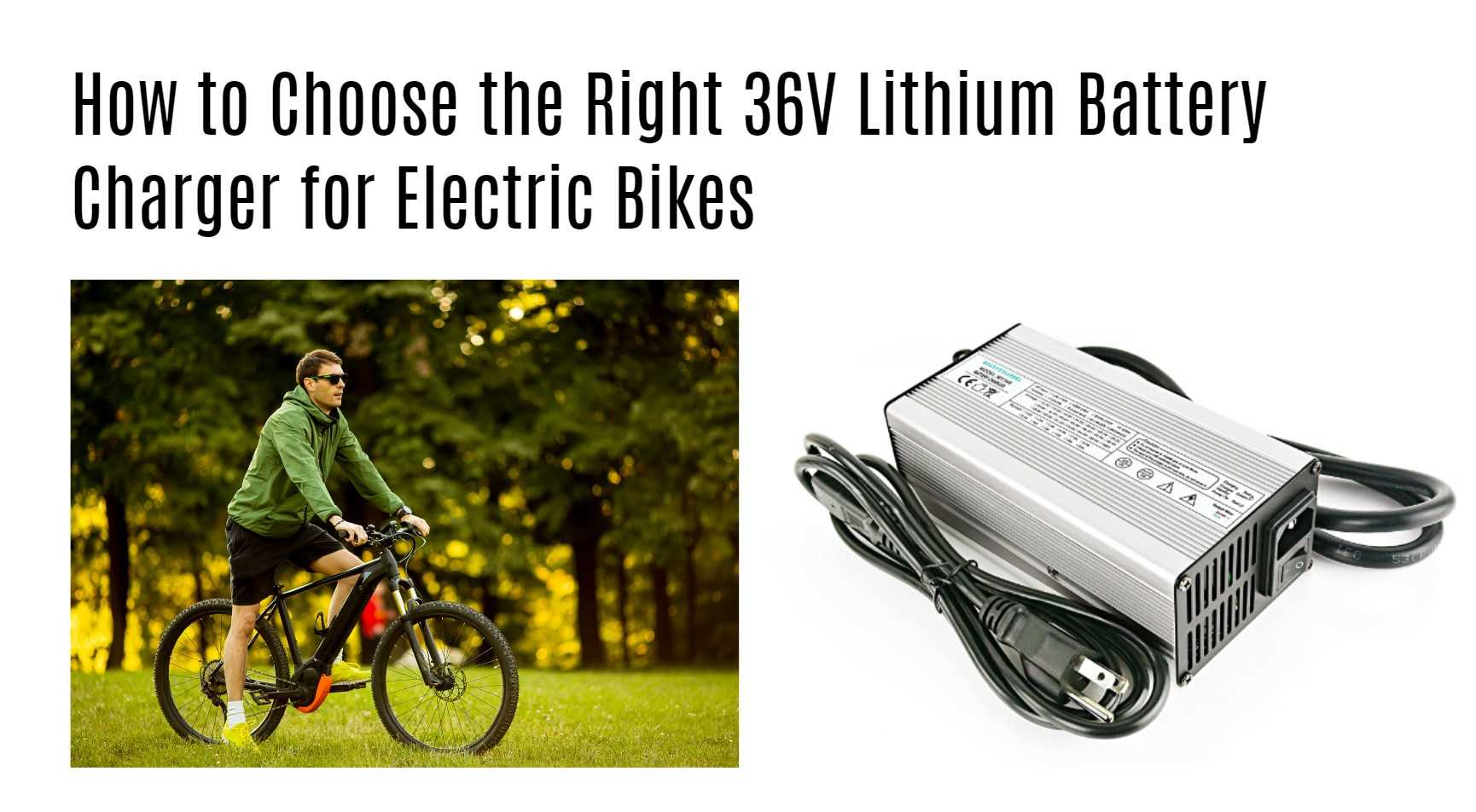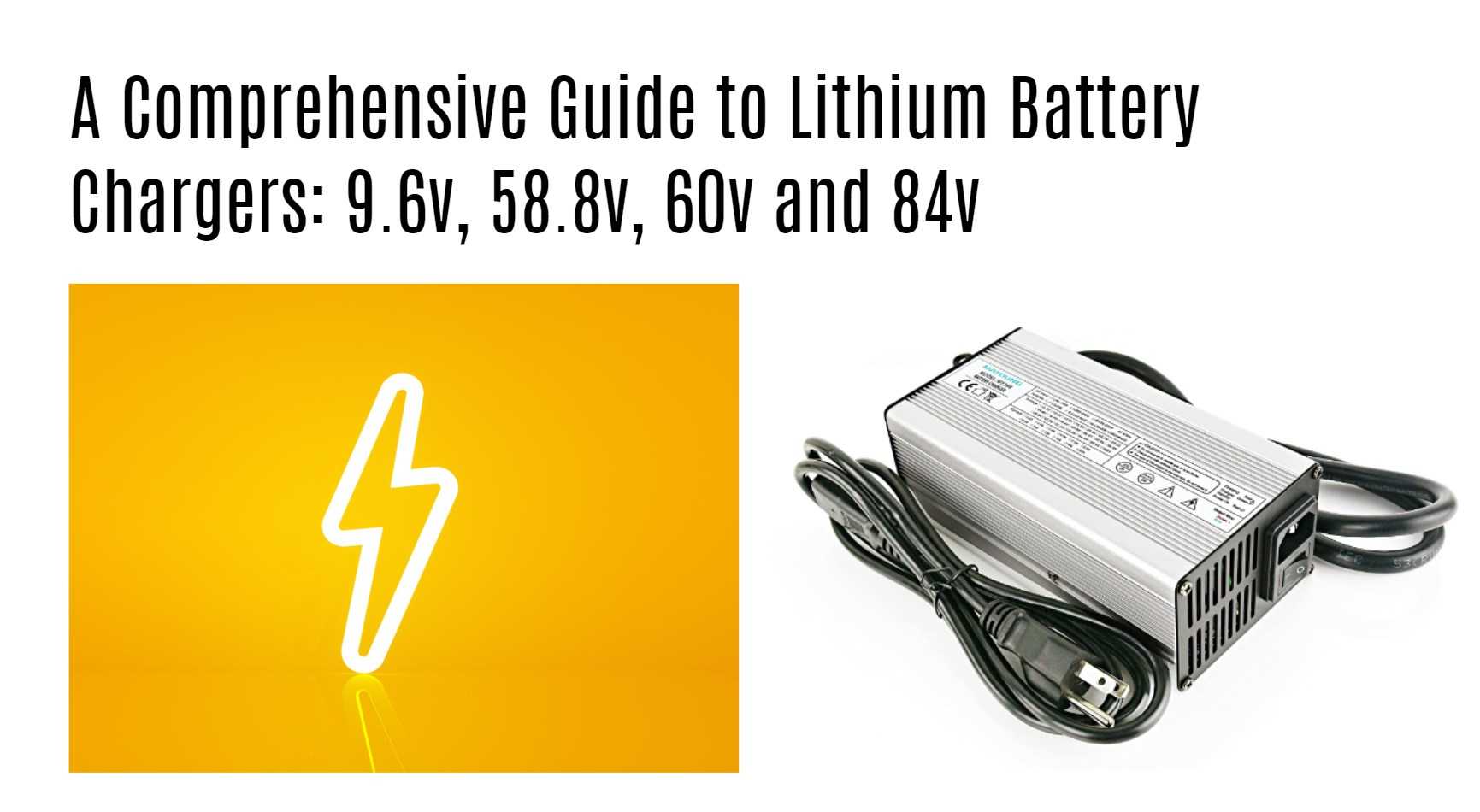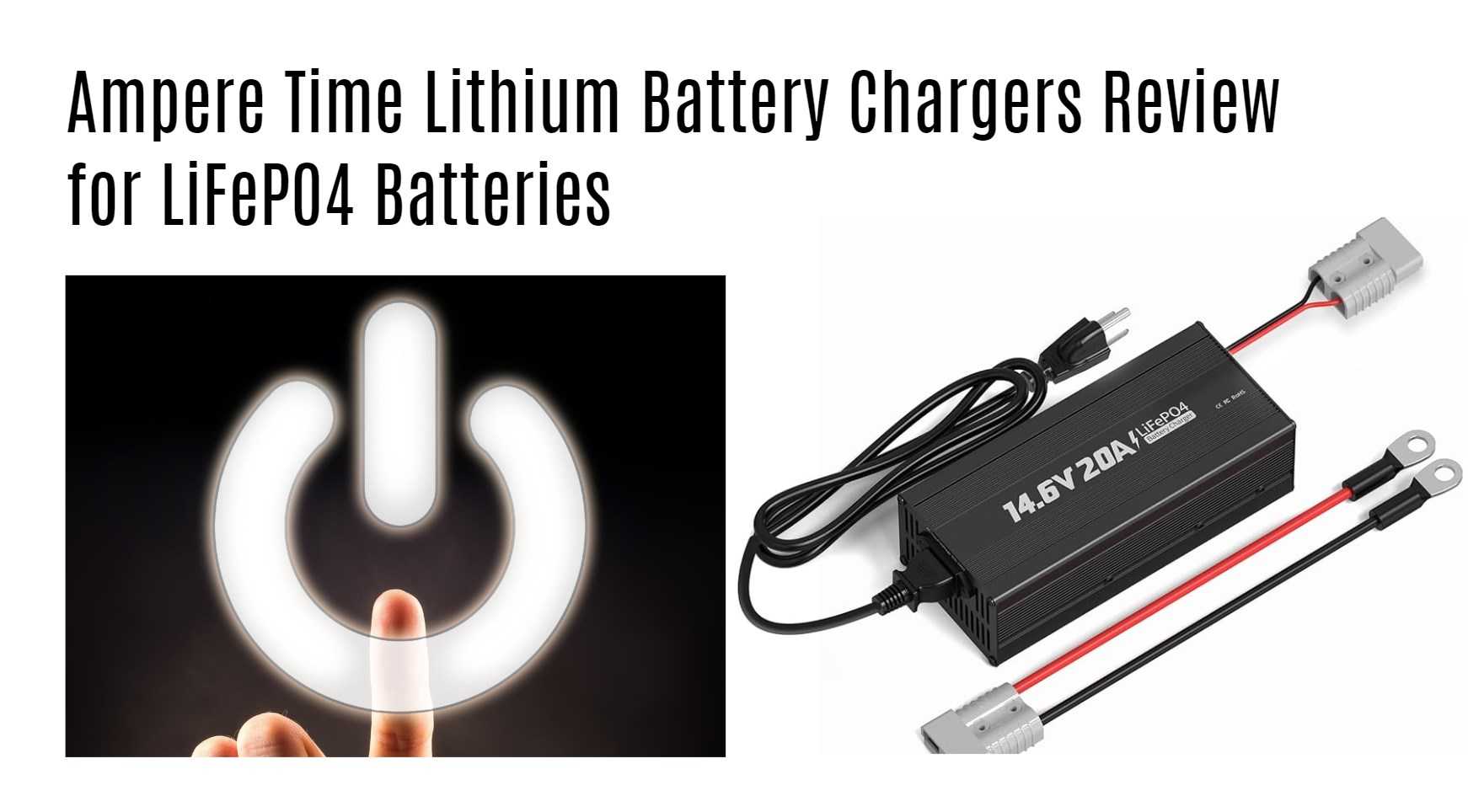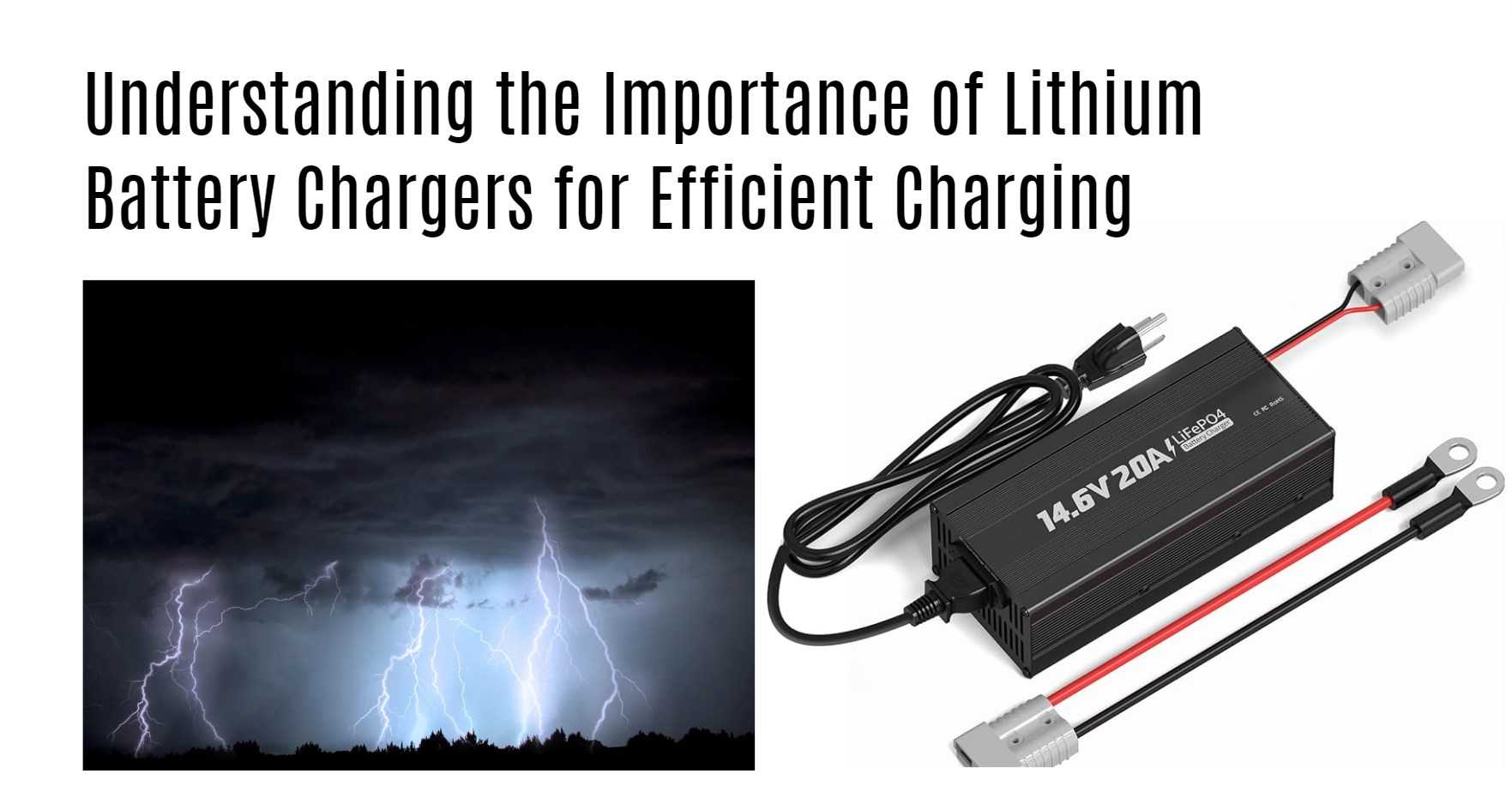Where to Buy Lithium Battery Chargers? Walmart or Amazon
Lithium batteries have become an essential power source for a wide range of devices, from smartphones and laptops to electric vehicles and renewable energy systems. To keep these batteries charged and in optimal condition, choosing the right lithium battery charger is crucial. In this article, we will explore various options available on the market and provide useful tips and information on lithium battery chargers for different applications.
Lithium Battery USB Charger:
Lithium battery USB chargers are convenient and portable solutions for charging your devices on the go. They come with a standard USB interface, making them compatible with various electronic gadgets, such as smartphones, tablets, and Bluetooth headphones. When purchasing a lithium battery USB charger, look for features like fast charging capabilities, multiple USB ports, and safety mechanisms to protect your devices from overcharging and overheating.
Lithium Battery Charger Solar:
For outdoor enthusiasts, a lithium battery charger with solar charging capabilities is a game-changer. These chargers harness the power of the sun to charge your lithium batteries, making them ideal for camping, hiking, and other off-grid adventures. When choosing a solar charger, consider its solar panel efficiency, battery capacity, and durability to ensure it can handle various weather conditions.
Car Lithium Battery Charger:
If you often find yourself on the road, a lithium battery charger for your car can be a lifesaver. These chargers are designed to fit into your vehicle’s 12V DC outlet (cigarette lighter socket) and can charge your devices while you drive. Look for car chargers with multiple output ports, fast charging technology, and built-in safety features to protect both your batteries and your car’s electrical system.
Lithium Battery Charger for RV:
RV enthusiasts and travelers seeking a reliable power solution can benefit from a lithium battery charger designed specifically for recreational vehicles. These chargers are optimized for the unique needs of RV batteries, offering efficient charging and advanced battery management features. When selecting an RV battery charger, consider factors like compatibility with different battery types, charging capacity, and intelligent charging algorithms. Check for more: https://redway-tech.com/lifepo4-rv-batteries/
AA Lithium Battery Charger:
For smaller devices and household electronics that use AA lithium batteries, having a dedicated lithium battery charger is a wise investment. AA lithium batteries are known for their long-lasting power and are commonly used in cameras, remote controls, and other portable gadgets. When purchasing an AA lithium battery charger, opt for models that support multiple battery sizes, offer individual charging channels, and have safety certifications.
Lithium Battery Trickle Charger:
A trickle charger is an excellent option for maintaining the charge in lithium batteries that are not in constant use, such as those in seasonal equipment or stored vehicles. These chargers deliver a low, steady charge to prevent battery depletion over time. Look for trickle chargers with automatic shutoff features to avoid overcharging and damage to the batteries.
Conclusion:
When it comes to buying lithium battery chargers, both Walmart and Amazon offer a wide selection of options to choose from. Consider the specific needs of your devices and applications, along with the features and safety aspects of each charger. Whether you opt for a lithium battery USB charger, solar charger, car charger, RV charger, AA charger, or trickle charger, selecting the right one will ensure your lithium batteries stay powered up and ready to go when you need them most. Always prioritize safety and quality when making your purchase to maximize the lifespan of your lithium batteries and the performance of your devices.

